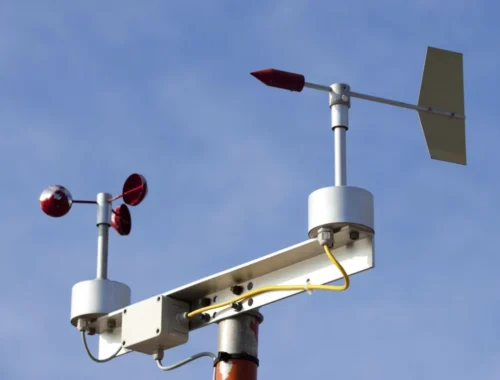Kazakhstan strikes deal with EU
Kazakhstan strikes deal with EU
Barroso describes enhanced framework agreement as a sign to Russia that the EU’s relations with post-Soviet states are “not a zero-sum game”.
Click Here: Rugby league Jerseys
The European Union and Kazakhstan last week formally concluded talks on an expanded partnership and co-operation agreement, a revision intended to develop a relationship that has in the past seven years seen the EU become Kazakhstan’s leading trading partner. The agreement comes at a time when the crisis in Ukraine and the pending withdrawal of international troops from Afghanistan have raised Kazakhstan’s geopolitical importance.
After meeting Kazakhstan’s President Nursultan Nazarbaev in Brussels on Thursday (9 October), José Manuel Barroso, the president of the European Commission, praised the agreement as a demonstration that “international relations are not a zero-sum game”, a clear allusion to Russia, which Barroso has criticised several times in the past for viewing Ukraine’s closer ties to the EU as a “zero-sum” battle by the EU against Russia.
As well as trying to deepen ties with the EU through the partnership and co-operation agreement (PCA), Kazakhstan has forged closer ties with Russia this year, creating a Eurasian Economic Union (EEU) with Russia and Belarus in May. However, Nazarbaev and other Kazakh officials have repeatedly underlined that they do not want the EEU to become a political union.
Criticism of sanctions
Nazarbaev has also sought to strike an independent position from Russia in the Ukraine crisis and has criticised the series of sanctions triggered by the crisis as “a road to nowhere”, a comment directed both at the EU, which has extensive sanctions in place against Russia, and at Russia, which has barred imports of food from the EU.
Nazarbaev, Russia’s president Vladimir Putin and Ukraine’s president Petro Poroshenko are currently in Milan for a summit of the Asia-Europe Meeting (ASEM), hosted by the incoming chief of EU foreign policy, Federica Mogherini.
The significance of the EU’s deepening relationship with Kazakhstan may be amplified as EU policy-makers turn their attention to a pending review of the relationship with Russia and assess the early impact and direction of the EEU.
The focus on relations with Russia and the EEU will also sharpen because of an EU summit in Riga next summer that should be attended by some of the EU’s and Russia’s shared neighbours: Ukraine, Moldova, Armenia, Azerbaijan and Georgia. Russia has been seeking to persuade Armenia and Azerbaijan – as well as Turkey – to join the EEU.
The renegotiation of the PCA, which began in 2011 at Kazakhstan’s instigation, proved fitful, owing to Kazakhstan’s crackdown on civil society after police killed at least 11 protesting workers in an oil-rich area of Kazakhstan in late 2011.
Human Rights Watch has accused the EU of failing to use the leverage offered by the PCA negotiations to improve Kazakhstan’s respect for human rights, arguing that Kazakhstan’s record has worsened rather than improved.
You May Also Like

AI in Fashion: Redefining Creativity, Efficiency, and Sustainability in the Industry
February 28, 2025
シャーシ設計の最適化手法とその応用
March 20, 2025